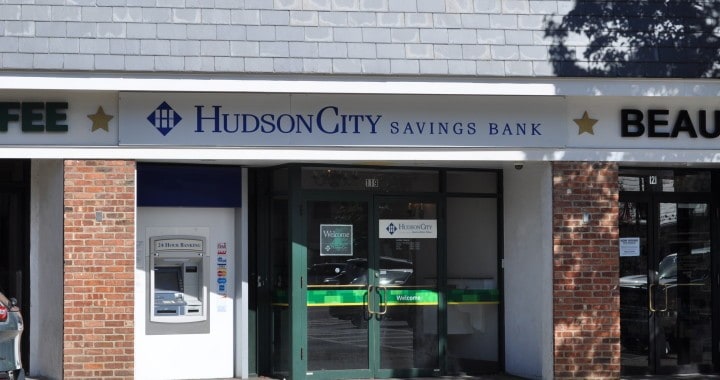Less than a month ago the Department of Justice and Consumer Finance Protection Bureau pledged to work in cooperation to fight what they saw as a resurgence of redlining cases. It seems that they have kept their promise.
In a recently released consent order, the DOJ and CFPB have ordered Hudson City Savings Bank – a federally-chartered savings association concentrated in New York, New Jersey and Pennsylvania – to pay $27 million to increase mortgage access to Black and Hispanic communities.
Allegations Against Hudson City
The order alleges that Hudson City avoided predominantly lending to majority-Black-and-Hispanic communities by:
- Not placing branches or loan officers in majority-Black-and-Hispanic communities
- Not using mortgage brokers in majority-Black-and-Hispanic communities
- Marketing to communities with relatively few Black and Hispanic residents
- Excluding majority-Black-and-Hispanic neighborhoods from its credit reassessment areas mandated by the Community Reinvestment Act
The Consequences
The consent order requires Hudson City to take steps to provide access to credit in the excluded communities by doing the following:
- Pay $25 million for a loan subsidy program to increase access to affordable credit
- Spend $1,000,000 on advertising and outreach targeting qualified applicants in the affected majority-Black-and-Hispanic neighborhoods
- Spend $750,000 to partner with community-based or governmental organizations that assist residents in affected neighborhoods
- Spend $500,000 on 12 financial education events in the affected neighborhoods
- Open two new branches in majority-Black-and-Hispanic communities
- Expand its Community Reinvestment Act assessment areas
- Assess credit needs of the affected areas
- Develop a fair lending compliance and training plan
- Pay a $5.5 million penalty to the CFPB’s Civil Penalty Fund
Could It Have Been Avoided?
As in most cases, the issues at Hudson City could have been avoided. To wit: according to the CFPB complaint Hudson City failed to monitor for redlining issues by failing to hire adequate staff to ensure compliance with its fair lending needs.
The bank had no written policies or procedures and did not monitor its brokers for redlining. Furthermore, the bank compliance staff was inadequate. In 2009 and 2010 Hudson had one compliance officer. In 2011 the bank hired a Chief Compliance Officer and created about 12 compliance positions. However, it did not fill six of those positions through 2011. In 2013 the Chief Compliance Officer and most of the existing staff left the bank. At the date of the CFPB compliant, the bank still had not filled those positions.
Obviously, the settlement will be costly to Hudson City, but as the above comments suggest, this kind of settlement can be avoided with proper staffing, monitoring and preparation. If you’d like help preparing your institution for this kind of increased scrutiny, Preiss&Associates can help.


